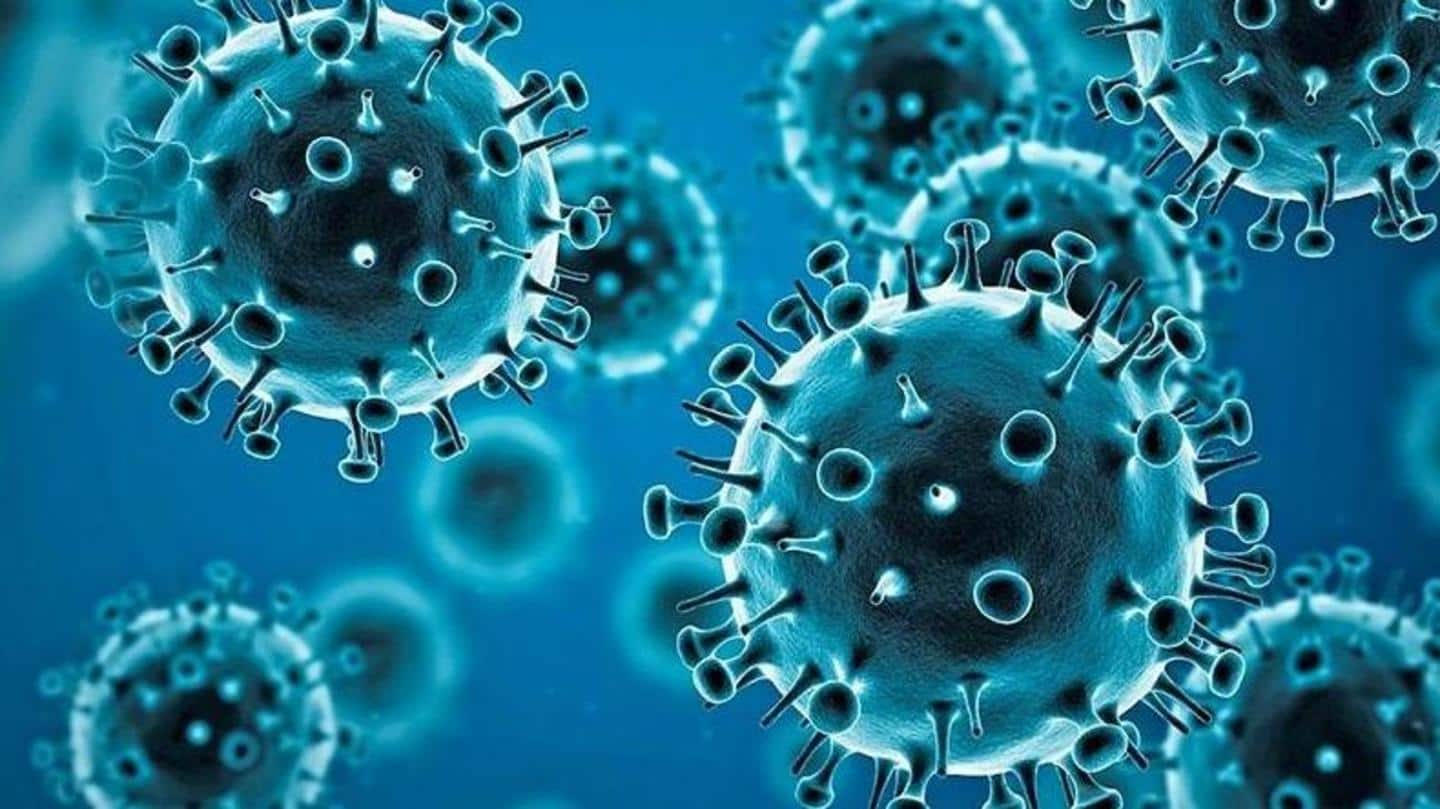
How are coronavirus variants named by the WHO?
What's the story
For the most part of the COVID-19 pandemic, it was a struggle for the layman to remember the names of virus variants. Then, earlier this year, the World Health Organization (WHO) stepped in and announced a new system for naming the emerging strains. Each significant variant is given a name from the Greek alphabet, simplifying public discussions and reducing stigma around them.
Details
Why is it important to name strains?
One basic reason to give variants names other than scientific ones is to make them easy to say and recall, thus simplifying public discussions on them. Another issue is that in the absence of an easier name, people tend to attach a virus strain to its country of origin. That practice, however, is considered stigmatizing and discriminatory toward that nation and its people.
Do you know?
Not a replacement for scientific names
However, these labels cannot be considered a replacement for existing scientific names such as those assigned by bodies like GISAID, Nextstrain, and Pango. Those names carry important scientific information and continue to be used in research and discussions.
Omicron
Latest variant is called Omicron. Why?
The latest COVID-19 variant classified by the WHO has been named Omicron. It is the 15th letter of the Greek alphabet, meaning officials skipped two letters: Nu and Xi. Experts say Nu has been skipped to avoid its confusion with the English word "new." And, Xi has been avoided so that it is not misinterpreted as a reference to Chinese President Xi Jinping.
Other strains
What are other COVID-19 variants called?
Previously, the WHO has named variants of concern and of interest as Alpha, Beta, Gamma, Delta, and so on up to Mu. Officials at the global health body had earlier said when all the 24 letters of the Greek alphabet have been used, another fresh series will be announced. The WHO maintains a list of variants with their names on its official website.
Information
Which variants are currently listed by WHO?
At present, the WHO has classified five variants as Variants of Concern (VOC). They are Alpha, Beta, Gamma, Delta, and Omicron. Meanwhile, those variants that are currently designated as Variants of Interest (VOIs) are Lambda and Mu.